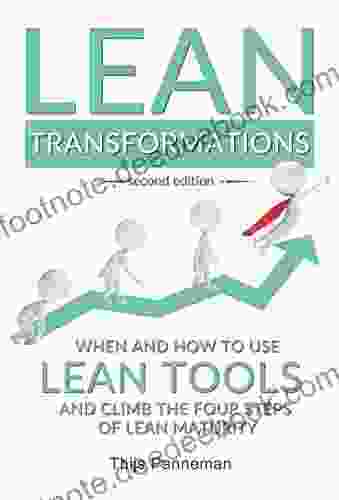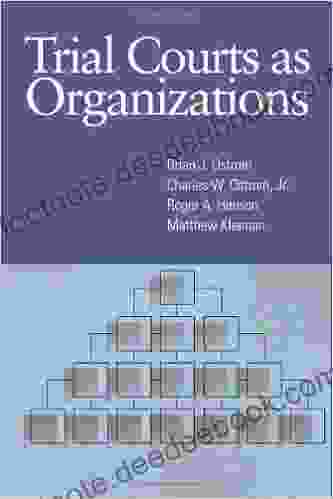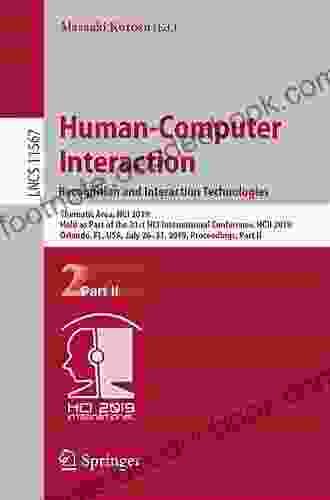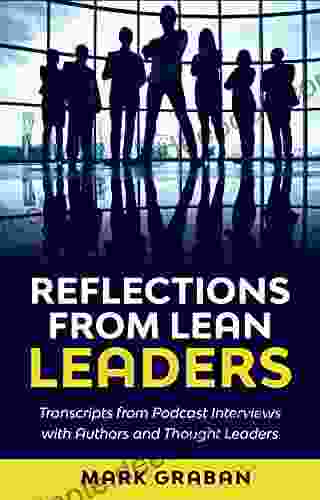Trial Courts As Organizations

Trial courts are complex organizations that play a critical role in the administration of justice. They are responsible for resolving disputes between citizens, businesses, and the government, and their decisions can have a profound impact on the lives of those involved.
In recent years, there has been a growing interest in studying trial courts as organizations. This research has been informed by a variety of theoretical perspectives, including organizational theory, political science, and sociology. The findings of this research have shed light on the internal workings of trial courts, the factors that influence their decisions, and the challenges they face.
This article provides a comprehensive review of the literature on trial courts as organizations. It discusses the various theoretical perspectives that have been used to study trial courts, the key empirical findings that have emerged from this research, and the implications of these findings for the understanding of trial courts and the administration of justice.
5 out of 5
| Language | : | English |
| File size | : | 2667 KB |
| Text-to-Speech | : | Enabled |
| Word Wise | : | Enabled |
| Print length | : | 204 pages |
| Screen Reader | : | Supported |
The study of trial courts as organizations has been informed by a variety of theoretical perspectives. These perspectives include:
- Organizational theory: This perspective focuses on the internal workings of trial courts, including their structure, culture, and processes. Organizational theorists have sought to understand how these factors influence the decisions that trial courts make.
- Political science: This perspective focuses on the political context in which trial courts operate. Political scientists have sought to understand how the political environment influences the decisions that trial courts make and the way that they are administered.
- Sociology: This perspective focuses on the social context in which trial courts operate. Sociologists have sought to understand how the social environment influences the decisions that trial courts make and the way that they are administered.
These three perspectives provide a complementary understanding of trial courts as organizations. Organizational theory provides a micro-level understanding of the internal workings of trial courts, while political science and sociology provide macro-level understanding of the context in which trial courts operate.
The research on trial courts as organizations has produced a number of key empirical findings. These findings include:
- Trial courts are complex organizations: Trial courts are not simply places where judges resolve disputes. They are complex organizations with their own unique structure, culture, and processes.
- The decisions that trial courts make are influenced by a variety of factors: These factors include the facts of the case, the law, the judge's personal beliefs, and the political environment.
- Trial courts are not always fair: The decisions that trial courts make are not always fair. This is due to a number of factors, including the complexity of the cases that they handle, the biases of the judges, and the political environment.
- Trial courts are facing a number of challenges: These challenges include the increasing complexity of the cases that they handle, the growing backlog of cases, and the lack of resources.
These findings have important implications for the understanding of trial courts and the administration of justice. They suggest that trial courts are not simply neutral arbiters of the law, but are complex organizations that are influenced by a variety of factors. These factors can affect the fairness and efficiency of the justice system.
The findings of the research on trial courts as organizations have a number of implications for the administration of justice. These implications include:
- The need for transparency: The public needs to be aware of the factors that influence the decisions that trial courts make. This transparency is necessary to ensure that the justice system is fair and accountable.
- The need for diversity: Trial courts need to be more diverse in order to reflect the communities that they serve. This diversity will help to ensure that the justice system is fair and impartial.
- The need for resources: Trial courts need to be provided with the resources that they need to function effectively. This includes adequate funding, staff, and technology.
- The need for reform: The justice system needs to be reformed in order to address the challenges that trial courts are facing. This reform should focus on improving the fairness, efficiency, and accessibility of the justice system.
The administration of justice is a complex and challenging task. The research on trial courts as organizations provides valuable insights into the factors that influence the decisions that trial courts make and the challenges that they face. This research can help to inform the development of policies and practices that will improve the fairness, efficiency, and accessibility of the justice system.
Trial courts are complex organizations that play a critical role in the administration of justice. The research on trial courts as organizations has shed light on the internal workings of trial courts, the factors that influence their decisions, and the challenges they face. This research has important implications for the understanding of trial courts and the administration of justice. It suggests that trial courts are not simply neutral arbiters of the law, but are complex organizations that are influenced by a variety of factors. These factors can affect the fairness and efficiency of the justice system.
5 out of 5
| Language | : | English |
| File size | : | 2667 KB |
| Text-to-Speech | : | Enabled |
| Word Wise | : | Enabled |
| Print length | : | 204 pages |
| Screen Reader | : | Supported |
Do you want to contribute by writing guest posts on this blog?
Please contact us and send us a resume of previous articles that you have written.
 Chapter
Chapter Text
Text Genre
Genre Library
Library E-book
E-book Magazine
Magazine Newspaper
Newspaper Paragraph
Paragraph Sentence
Sentence Shelf
Shelf Glossary
Glossary Foreword
Foreword Footnote
Footnote Codex
Codex Classics
Classics Library card
Library card Narrative
Narrative Biography
Biography Autobiography
Autobiography Reference
Reference Encyclopedia
Encyclopedia Dictionary
Dictionary Thesaurus
Thesaurus Narrator
Narrator Resolution
Resolution Borrowing
Borrowing Stacks
Stacks Periodicals
Periodicals Study
Study Scholarly
Scholarly Reserve
Reserve Academic
Academic Reading Room
Reading Room Interlibrary
Interlibrary Thesis
Thesis Dissertation
Dissertation Storytelling
Storytelling Book Club
Book Club Theory
Theory Textbooks
Textbooks Michael Fry
Michael Fry Elizabeth Reyes
Elizabeth Reyes Carol Scrimshaw
Carol Scrimshaw Lucy Anne Holmes
Lucy Anne Holmes Yuedong Wang
Yuedong Wang Ginny Tata Phillips
Ginny Tata Phillips M H Rice
M H Rice Kirstin Chen
Kirstin Chen Mark Andersen
Mark Andersen Daisy Wood
Daisy Wood Dr Sandeep Jatwa
Dr Sandeep Jatwa Vijay Govindarajan
Vijay Govindarajan James Lee Burke
James Lee Burke Xianli Lv
Xianli Lv Tony Kushner
Tony Kushner Lynda Lahman
Lynda Lahman Judge Victoria Pratt
Judge Victoria Pratt Eduardo Galeano
Eduardo Galeano Seth Godin
Seth Godin Morgan Rhodes
Morgan Rhodes
Light bulbAdvertise smarter! Our strategic ad space ensures maximum exposure. Reserve your spot today!
 Hamilton BellFollow ·10.7k
Hamilton BellFollow ·10.7k Derrick HughesFollow ·13.6k
Derrick HughesFollow ·13.6k Justin BellFollow ·8.9k
Justin BellFollow ·8.9k Yukio MishimaFollow ·13.8k
Yukio MishimaFollow ·13.8k Juan ButlerFollow ·3k
Juan ButlerFollow ·3k Sam CarterFollow ·16k
Sam CarterFollow ·16k Jared PowellFollow ·14k
Jared PowellFollow ·14k James JoyceFollow ·6.7k
James JoyceFollow ·6.7k

 Allen Ginsberg
Allen GinsbergUnveiling the True Meaning of Enough: A Comprehensive...
: In the relentless pursuit of progress and...

 Clay Powell
Clay PowellHawker Hunter: The Jet Fighter that Shaped British...
Nestled in the halls of aviation...

 Alec Hayes
Alec HayesWhen and How to Use Lean Tools and Climb the Four Steps...
Lean is a management...

 Trevor Bell
Trevor BellVolume of Charlotte Mason Original Homeschooling: A...
Charlotte Mason's original...

 John Parker
John ParkerAscending Tristan da Cunha: A Comprehensive Guide to...
Prepare yourself for an extraordinary journey...
5 out of 5
| Language | : | English |
| File size | : | 2667 KB |
| Text-to-Speech | : | Enabled |
| Word Wise | : | Enabled |
| Print length | : | 204 pages |
| Screen Reader | : | Supported |














